(NB&CL) Journalist Le Tuyet and her colleagues at the Voice of Vietnam have just consecutively won the A prize at the Dien Hong Award and the Golden Hammer and Sickle Award. A conversation about this special “double” and the skill of exploiting “Stories, stories and stories of characters”… as a way to inspire and spread positive energy to colleagues and the public.
The hardest part is choosing a topic.
+ Double A Prize with the work “Arranging redundant cadres and civil servants after merging administrative units: Qualifying cadres, streamlining the apparatus” (Dien Hong Prize) and the work “Institutional innovation, a breakthrough creating the premise for the country to enter a new era” (Golden Hammer and Sickle Prize)… discussed a very current topic. How did this acumen originate, journalist?
- With the topic "Arranging redundant cadres and civil servants after merging administrative units: Streamlining the staff, streamlining the apparatus", we have been nurturing it since the beginning of 2024. After implementing the merger of district and commune-level administrative units in phase 1, there are still nearly 1,500 redundant cadres and civil servants at district and commune levels. In that context, on July 12, 2023, the National Assembly Standing Committee continued to issue Resolution No. 35 on the arrangement of district and commune-level administrative units in the period 2023 - 2030. This is considered a new major arrangement, the largest scale ever. A series of articles by a group of VOV1 reporters seeks to find a solution to the problem of "previous layer, overlapping later layer" surplus, so that the apparatus after the merger is truly streamlined, compact and effective.
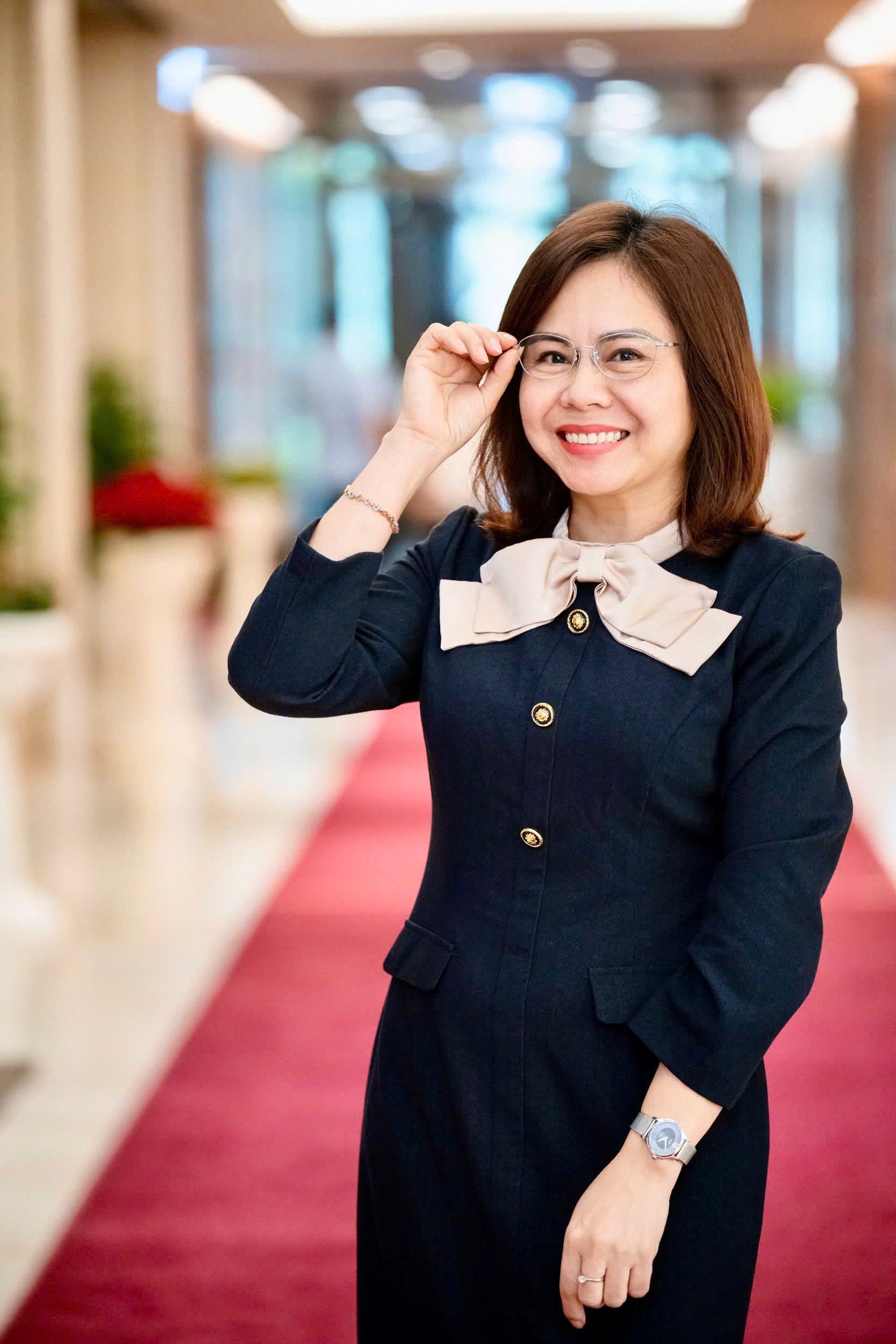
Journalist Le Tuyet.
As for the work "Institutional innovation, a breakthrough creating the premise for the country to enter a new era", following the direction of the leaders of the News Department in the new column "Vietnam - The era of rising up" of the Voice of Vietnam, the group boldly chose the topic of institutional innovation, which is a very big, very difficult and sensitive issue.
Coincidentally, when this program was broadcast on October 21, at the opening session of the 8th Session of the 15th National Assembly on October 21, in his speech, General Secretary To Lam emphasized that among the three biggest bottlenecks today, which are institutions, infrastructure and human resources, institutions are the bottleneck of bottlenecks, the quality of building and perfecting laws has not met the needs of practice, some newly issued laws have had to be amended, the regulations are not really synchronized and overlap, many regulations are still difficult, hindering implementation, causing loss and waste of resources, not creating a truly favorable environment to attract resources from domestic and foreign investors, and unlocking resources from the people. It can be said that, in addition to the efforts in making the works, we were very lucky to touch on the country's topical issues.
+ From a professional perspective, many years as a reporter accompanying heads of state, working domestically and internationally, at National Assembly sessions... have helped you choose the "right" issues. In journalism, in your opinion, how important are choosing topics and developing ideas for a journalistic product?
- Perhaps for any reporter, the hardest thing is to choose a topic to cover. Personally, I often have to struggle with choosing a topic. Because choosing the right topic, hitting the issues that people care about, listeners want to hear, issues related to the breath of life. Once the topic is chosen, how to carry it out, is it feasible or not? With issues that are in the same direction, it will be easier to carry out.
Do the characters speak up about thorny issues? Personally, I discover topics in many ways, such as through the opinions of National Assembly Deputies in National Assembly sessions, meetings of National Assembly agencies, from which issues that need to be explored and analyzed arise, or ideas are formed when I go on business trips and have the opportunity to come into contact with opinions from the grassroots, from real life.
We are always ready to listen
+ Will the characters speak out about the “thorny” issues?... This is indeed a great concern for journalists. Returning to these two works, how should we process information to achieve high efficiency?
- That is the difficulty of domestic reporters, because the issues in this field are all macro, both difficult to implement and sensitive. With the work "Arranging redundant cadres and civil servants after merging administrative units: Refining cadres, streamlining the apparatus", we had to find stories and characters who were themselves affected by the merger of administrative units at the district and commune levels. How to get them to open up and talk about their own problems, their inner struggles. Even when interviewing local leaders, they were refused and did not answer.
The “keywords” of the series of reports we make are: Story, story and the character’s story. Because nothing is more authentic, nothing is more convincing than specific stories, specific people. Therefore, when interviewing National Assembly Deputies or experts, we also put this principle first.
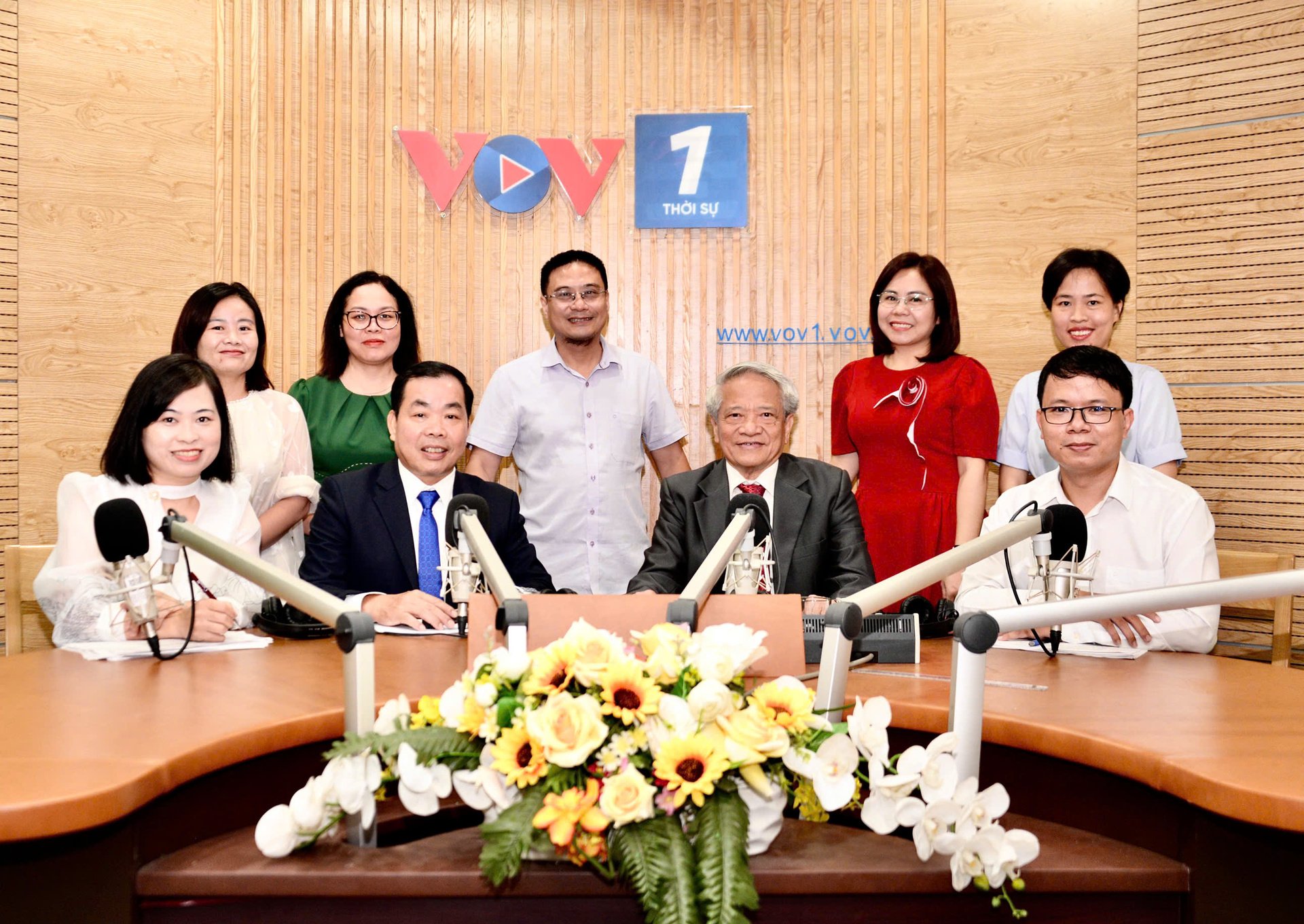
Journalist Le Tuyet and colleagues.
+ Institutional innovation, streamlining the apparatus, personnel... when the country enters the era of development... is a problem for the whole society. Communication to convince and orient public opinion to consensus is a problem for revolutionary press. What is your opinion on this responsibility and mission, on the eve of the 100th anniversary of Vietnam Revolutionary Press Day?
- This is a very difficult and big question. In my work, I think that reporters are the ones who most truthfully reflect the different aspects of life. Among them are noble acts that need to be spread, and negative stories that need to be warned about. All of this needs to be done through journalistic works...
Personally, I always tell myself that I must inform the listeners in the most objective, honest and complete way the major orientations of the Party and State; at the same time, be a bridge to reflect how those orientations have been implemented in reality and what shortcomings need to be adjusted. Reporters of the Voice of Vietnam always hope that VOV is the place where people can put their trust, come to whenever they want to criticize policies or provide necessary information to the leaders of the Party, State, Government, National Assembly, etc.
+ Thank you!
Ha Van (Implementation)
Source: https://www.congluan.vn/khong-gi-chan-thuc-thuyet-phuc-bang-cau-chuyen-con-nguoi-cu-the-post335237.html



![[Photo] Solemn opening of the 8th Congress of the Central Public Security Party Committee, term 2025-2030](https://vphoto.vietnam.vn/thumb/1200x675/vietnam/resource/IMAGE/2025/10/4/f3b00fb779f44979809441a4dac5c7df)

![[Photo] Bustling Mid-Autumn Festival at the Museum of Ethnology](https://vphoto.vietnam.vn/thumb/1200x675/vietnam/resource/IMAGE/2025/10/4/da8d5927734d4ca58e3eced14bc435a3)

![[Photo] General Secretary To Lam attends the 8th Congress of the Central Public Security Party Committee](https://vphoto.vietnam.vn/thumb/1200x675/vietnam/resource/IMAGE/2025/10/4/79fadf490f674dc483794f2d955f6045)
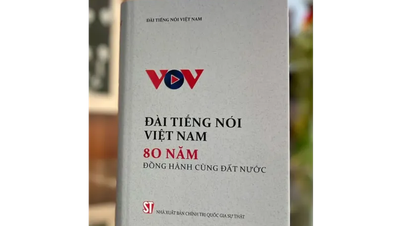



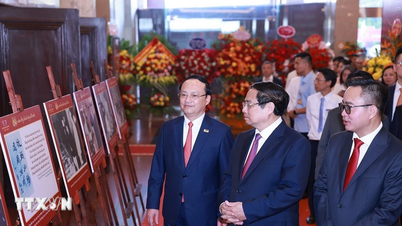
![[Photo] Prime Minister Pham Minh Chinh attends the 80th anniversary of the founding of Voice of Vietnam Radio Station](https://vphoto.vietnam.vn/thumb/402x226/vietnam/resource/IMAGE/2025/9/7/abdcaa3d5d7f471abbe3ab22e5a35ec9)

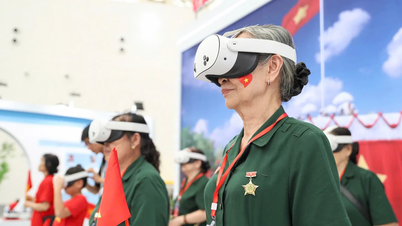
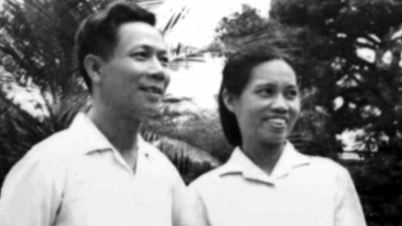




















![[Infographic] Notable numbers after 3 months of "reorganizing the country"](https://vphoto.vietnam.vn/thumb/1200x675/vietnam/resource/IMAGE/2025/10/4/ce8bb72c722348e09e942d04f0dd9729)



























![[VIDEO] GENERAL SECRETARY TO LAM AWARDS PETROVIETNAM 8 GOLDEN WORDS: "PIONEER - EXCELLENT - SUSTAINABLE - GLOBAL"](https://vphoto.vietnam.vn/thumb/402x226/vietnam/resource/IMAGE/2025/7/23/c2fdb48863e846cfa9fb8e6ea9cf44e7)




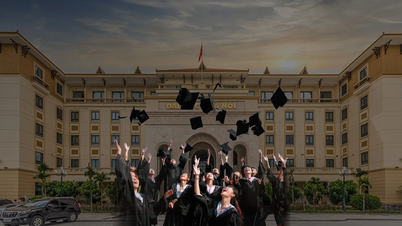


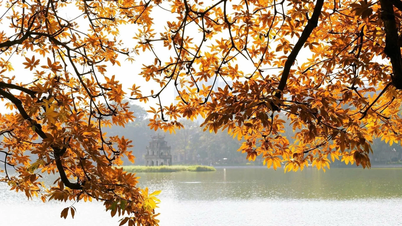
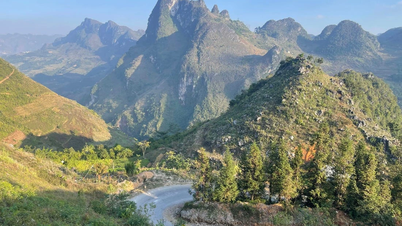








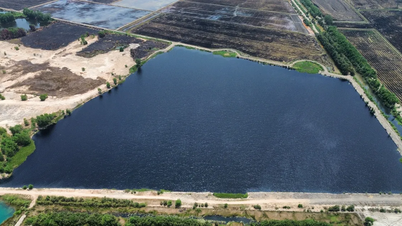

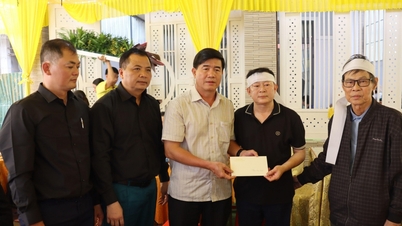



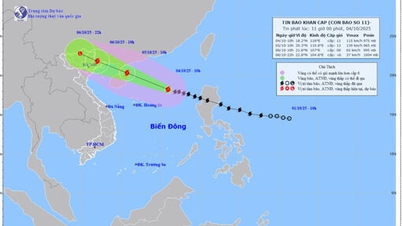

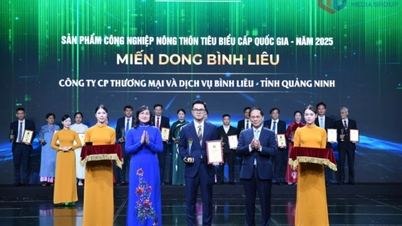
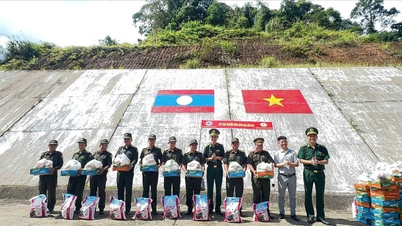






Comment (0)